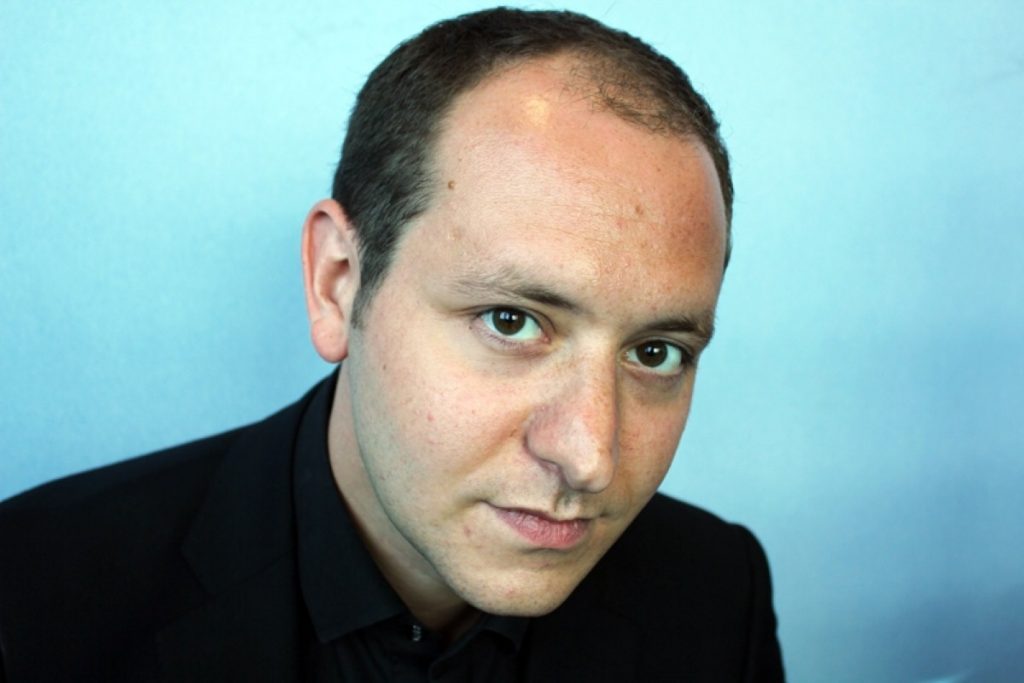Comment: Maddie case reveals the media’s power over the police
The problem isn’t the politicisation of the police. Given the media’s dominance, politicians are just the middlemen.
By Ian Dunt
The prospect of elected police chiefs is coming ever closer and the decision to review the Madeleine McCann case serves as a cautionary tale.
Downing Street insists that David Cameron did not order Scotland Yard to review the McCann case. This was merely a request. It’s naive in the extreme to pretend that the Met treats requests from the prime minister in the same way it treats requests from the public, but that’s neither here nor there. Critics say Cameron has politicised the police force. This is correct, but it also serves to mask the reality of the situation. Cameron isn’t unduly concerned with Maddie McCann. The tabloid press is. What Cameron is unduly concerned by is what the tabloid press thinks.


The press long ago raised Maddie to a somewhat unsettling figure, turning her into an almost mythic being distilling society’s sense of innocence. This is not an easy thing to write about. I am no less concerned for the fate of missing children than anyone else, but we must adopt a critical eye to why the press focuses on some tragedies rather than others.
There are some worrying aspects to which child cases the tabloids take up, most strikingly in the cultural judgements that drive the editorial line. The photograph of Holly Wells and Jessica Chapman – smiling, pretty and wearing Manchester United shirts – made them instant tabloid saints. They represented an ideal of British childhood. Maddie was the same. The disproportionate coverage, the media juggernaut that sparked into life upon her disappearance, was in no small part caused by the fact that she was a beautiful little girl. This does not make what happened to these girls any less tragic or despicable but it does explain the extent and the style of the way the crime was reported.
What happens when the picture of a missing girl reveals that she wore a hijab? Or when the little boy is ugly, or wearing a death metal shirt? What happens when they don’t fit our caricature of what innocent British children should look like?
Chris Jefferies has some idea. As Joanna Yeates’ landlord, he was subject to despicable prejudicial coverage in the tabloids. The attorney general is currently taking the Sun and Mirror to court to argue that their reports, if you can call them that, would have made a fair trial impossible if he had had gone to trial.
Why? What had he done to so awaken the bloodthirst of the press pack? In short: he was eccentric. He looked odd. He lived alone. He was a book reading intellectual, a form of perversion tabloids enjoy sneering at. He didn’t look like the type to support a football club. He wasn’t attractive. For this, he was branded “weird”, “lewd”, “strange”, “creepy”, “angry”, “odd”, “disturbing”, “eccentric”, “a loner” and “unusual” in just one article. Another report highlighted his love for the Oscar Wilde poem The Ballad of Reading Gaol as evidence of his disturbed state of mind.
Although he may be an adult, the treatment of Jefferies is replicated at any age group. Tabloids approach people not as individuals, but as narrative devices. If you want to be in their good books you should be attractive, white, popular and enjoy football.
The Maddie review highlights the causal chain – from tabloid editor, to politician, to police. Having elected police chiefs will merely combine the second two stages. There is a real threat to the principle of equal justice because the press simply does not treat people equally. A minimum wage cleaner paying remittance back to his family in Pakistan is not treated the same as a white banker and his murder wouldn’t be either.
But the decisions which flow from a democratised police force are liable to be more perverse than merely treating one murder with greater importance than another. As Metropolitan Police Authority member Jenny Jones made clear this weekend, the millions we expect the Maddie review to cost could have kept the Forensic Science Service open. Deep questions about the utility of funding will take a back seat to the frenzied attempt to satisfy tabloid editors and their readers.
Let’s not pretend that the status quo is perfect. The white banker already gets more police attention than the Pakistani cleaner. But elected police chiefs will make it worse. In a desperate bid to secure media support, they will be tempted to dedicate disproportionate resources to populist causes. The marginalised will become more marginalised. The weird and the unsympathetic will drift further away. The principle of equal justice will take another step back.
The opinions in politics.co.uk’s Speakers Corner are those of the author and are no reflection of the views of the website or its owners.

